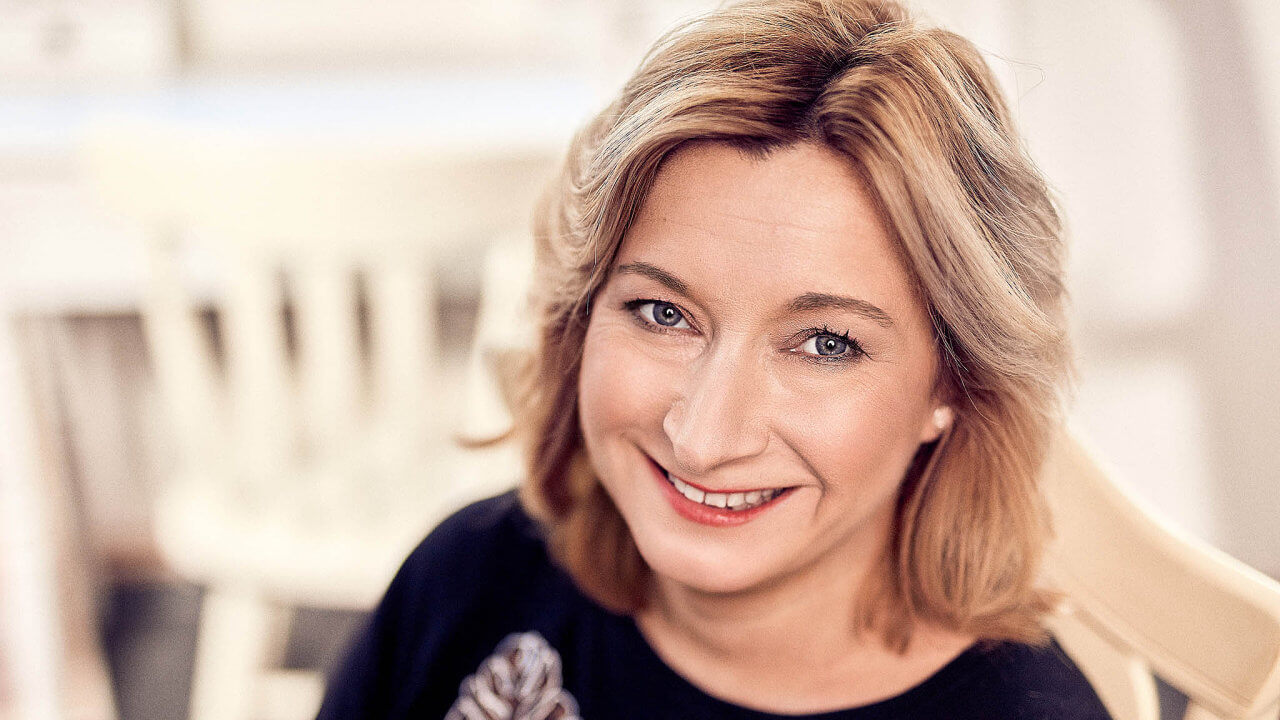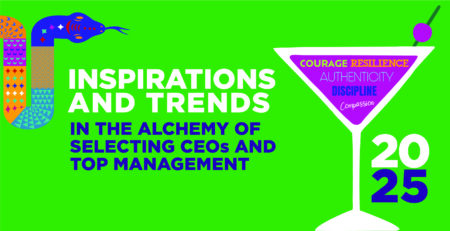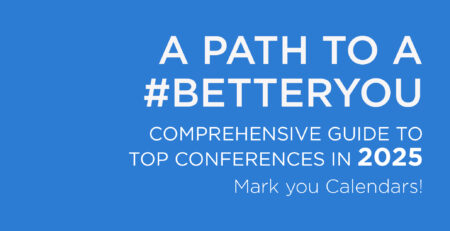Determine the quality of your CEO based on HR
According to studies by Anderson Willinger, executive search experts, the trend of recent years is a growing percentage of HR directors in global and local roles who come from fields outside of HR, most often from the positions of CFOs or CEOs.
Renata Mrázová, one of the most successful Czech managers at home and abroad, has been the global director of human resources for the entire Home Credit Group with more than 100,000 employees in the Americas, Asia and Europe since May.
Renata worked for four years as the General Manager for the Czech and Slovak Republic insurance company ING, later NN. Subsequently, as Global HR Director in the Netherlands, she led the entire organization from an HR perspective.
As she was both CEO and global HR director, Anderson Willinger, executive search, asked her how the position of HR directors is perceived today, what CEOs expect from them, as well as how to build an open and flexible company.
Is HR perceived today as marketing that anyone can do, or do CEOs expect a more intense and holistic approach to management? Since CEOs are actually great HR directors, does he choose a similar profile to himself, like-minded people? Why does this happen?
The decision to take this step, in all the cases I have seen, required great courage. It also requires courage from the organization itself and from the “major chief” who appoints the new HR director. When I decided to take this step, I hesitated. I was able to imagine very well that I would encounter various reactions, both inside and outside the company.
HR is still perceived relatively negatively. This is interesting because HR should take care of the most important thing that every company has, people. Many people who choose to make this change, including me, know very well why they are doing so. They want to contribute to the vision and goals, but also to the establishment and promotion of the HR profession, and to higher perception as a key area in employee care. When a woman, in particular, says she is the CEO, many people do not hide their admiration. It is a position that is associated with power and is very status-oriented. But when a person introduces himself as an HR director, people perceive it as a common position, especially for women.
Thus, CEOs, who choose managers with different professional experience for HR director roles, believe in a holistic way of management. These CEOs know that in order for HR to truly shift from an operational, administrative, and often bureaucratic support function to strategic management, and for human management to become part of a company’s strategy and business planning, HR needs to be overseen by a person who has visions, strategy and realistic experience in running that business.
Of course, I do not mean that HR directors, who are really experienced HR directors, lack this. During my working experience, I met many amazing people from HR who had their strategies and visions and moved HR teams to where they should be. When the CEO builds his team of key colleagues and co-workers, it is important that they share the same values, have the same visions and agree on where the company is heading as a team. Consensus in the philosophy of human governance is also unconditional, because without it, it is not possible to function in the long run.
As CEO, you managed a large company, and as Global HR Director in the Netherlands, the entire organization from an HR perspective. Have you seen both sides and both needs from a different angle? What are the lessons for you and others?
Working at headquarters as a “Global Head of HR” for an organization that had 13,000 employees was a very interesting mission for me. I think I had a huge advantage because I came from a business unit to headquarters, to another country, and because I moved from the position of CEO to the role of HR.
It was a very complex change and I am grateful for that. I learnt a lot about myself, the organization, the corporate culture and, last but not least, about HR. I tried to transform and help the headquarters to get as close to business as possible. It was important to create a team sense of belonging, to see ourselves as part of one company and work on the same goals. I also tried to overcome the most common reasons why dilemmas arise in the “we and they” attitude. Set up truly open and deep communication and learn to listen better. Of course, I also went to headquarters with a number of prejudices and illusions.
I think that when one experiences both of these shores, one learns to approach different situations, negotiations, meetings and cooperation differently. I am very grateful for this experience.
A company is a living organism made up of humans. If it wants to be successful as a system, it must be open and flexible. On the other hand, it is easier for all of us to push the result in the short-term, and then replace the part that no longer works. What with this? And where to start?
I think that, as in everything, it is necessary to balance here. This question is, of course, related to the overall philosophy of the company’s management and also to how the company can achieve short-term results. This should be done while creating an environment that is open, motivating and able to adapt to various changes. When we talk about the organization being flexible and able to adapt to change, we are talking about people.
It is important for a company to have a human side in its strategy and to create the conditions for a safe environment for its people, who can trust the system, and not to be afraid to be open or make mistakes.
I hold the view that it is good to combine teams. They should include loyal employees who have been working in the company for a long time, mixed with new people who have different experiences. Together, they are able to move the organization forward as a diverse team. However, it is very fragile and easy for a company to slip into short-term management and the company could fail and not meet results. It is always needed to know what the expectations are, where the organization is headed, and what needs to be added to create balance.
Renata Mrázová graduated from the Prague University of Business and Economics. She began her professional career in 1995 at the pharmaceutical company Astra. After that, she worked as a financial director for the Czech Republic and the Slovak Republic in the ING insurance company. In 2005, she founded Direct pojišťovna, which she managed for two years. She returned to ING in 2009 and became its director after two years. Since 2015, she has worked as the global HR director at the NN Group, where she is in charge of 14,000 people from 18 countries. As one of the most successful Czech managers, she has been the director of human resources for the entire Home Credit Group since May. During a break of several months before a career change, she worked on a project with illustrator Denisa Prošková and prepared the book The Big Women from a Small Country. The book contains unusual stories of successful Czech women and was written to inspire others on their path to uniqueness. You can read more about this exceptional book here: https://www.velkezenyzmalezeme.cz/



